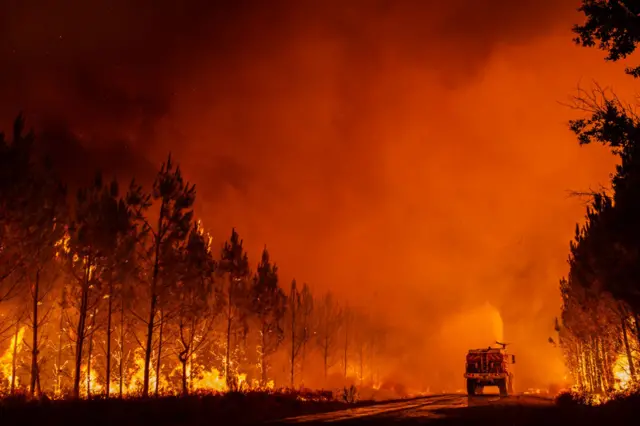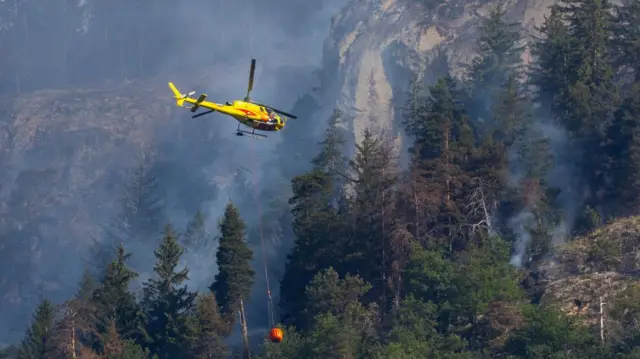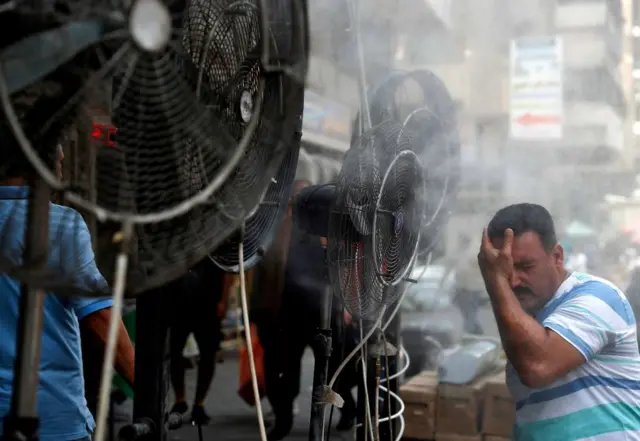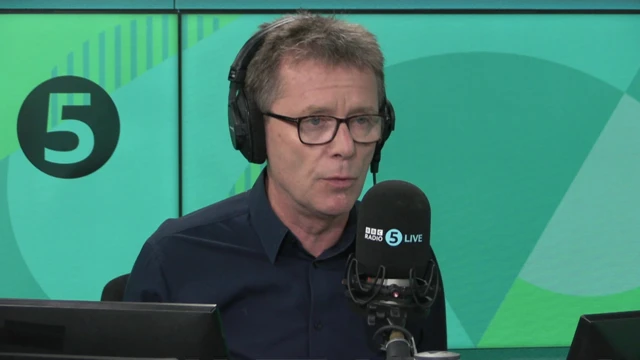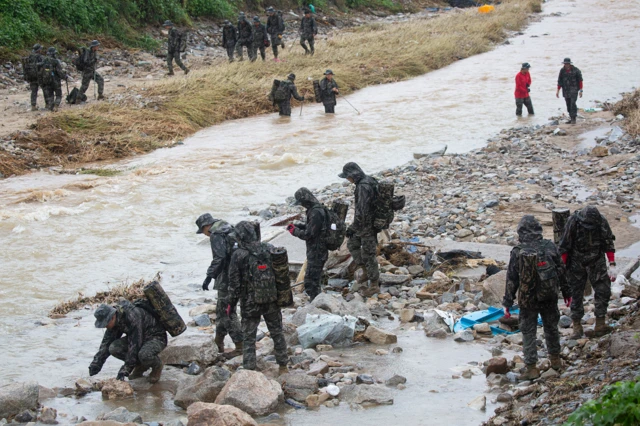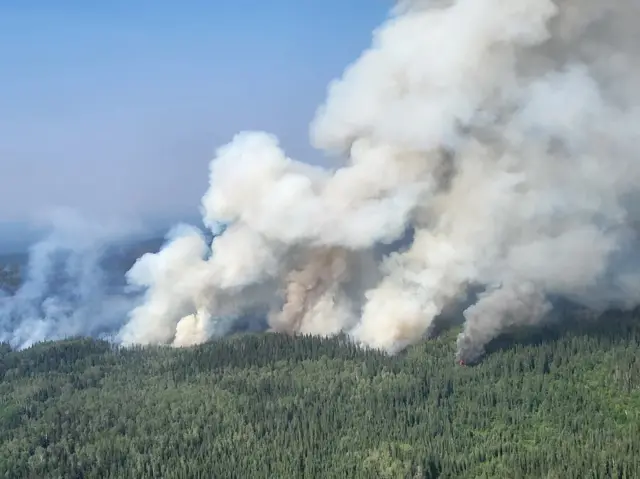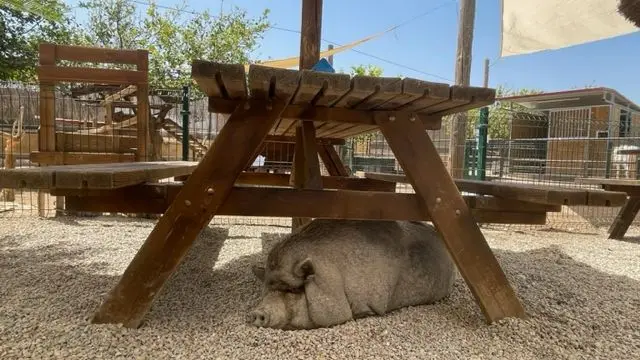In pictures: Mercury approaching peak in Italypublished at 12:30 BST 18 July 2023
It's lunchtime, which means we are approaching the hottest part of the day in Italy - as these pictures from the streets of Rome and Bologna show.
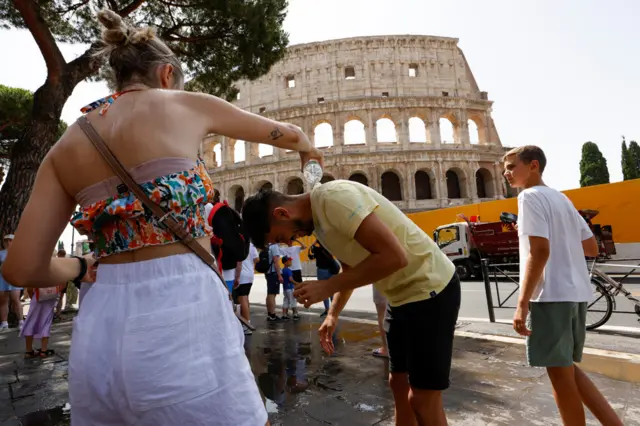 Image source, Reuters
Image source, ReutersA woman douses a man's neck with cold water outside the Colosseum in Italy's capital, Rome.
 Image source, Reuters
Image source, ReutersFortunately Rome is a city of many fountains. Here a man dunks his head in the water at the fountain in the city's Piazza del Popolo.
 Image source, Reuters
Image source, ReutersIn the northern Italian city of Bologna, there's a long queue of hot, weary folk at the water fountain.
 Image source, Reuters
Image source, ReutersSandals and fans: these nuns are among the many people feeling the heat in Bologna.




